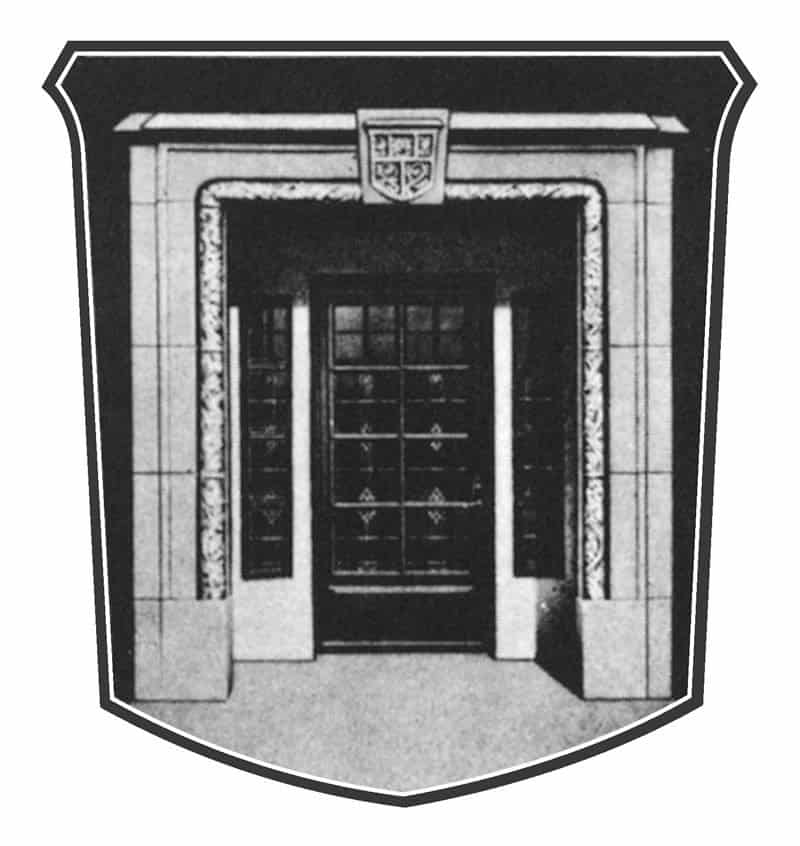By Francis Pottenger Jr., MD
 Summary: “There is no question that pasteurized milk and milk from poorly fed cattle produces osteoporosis in the experimental animal.” This quote by Dr. Francis Pottenger Jr., whose famous cat experiments in the 1930s established that malnutrition is inherited, sums up the great paradox of pasteurized milk: Americans drink it by the gallon believing they are strengthening their bones, but in truth it does the opposite, as shown by animal experiments going back decades. In this telling article, Dr. Pottenger discusses a study organized in 1933 by a farmer whose aim was to produce the finest milk possible from his cows. With the aid of a group of scientists, he discovered some basic principles of milk production that have been long ignored by the American dairy industry and health “experts” alike: not only does pasteurization destroy the nutritional value of milk, but the health of the cow greatly determines whether the milk it produces is beneficial or detrimental. “When the health of the cattle fails,” Dr. Pottenger explains, “the nutritional f actors of milk will decline, and partly metabolized food nutrients will produce sensitizations not only in the cow but in those who use the milk.” The implications of this statement are almost beyond belief. Included also is a description of the forgotten Wulzen anti-stiffness factor, a vitamin-like component of raw milk shown by early nutrition researchers to help prevent arthritis. From Modern Nutrition, 1962. Lee Foundation for Nutritional Research reprint 27A.
Summary: “There is no question that pasteurized milk and milk from poorly fed cattle produces osteoporosis in the experimental animal.” This quote by Dr. Francis Pottenger Jr., whose famous cat experiments in the 1930s established that malnutrition is inherited, sums up the great paradox of pasteurized milk: Americans drink it by the gallon believing they are strengthening their bones, but in truth it does the opposite, as shown by animal experiments going back decades. In this telling article, Dr. Pottenger discusses a study organized in 1933 by a farmer whose aim was to produce the finest milk possible from his cows. With the aid of a group of scientists, he discovered some basic principles of milk production that have been long ignored by the American dairy industry and health “experts” alike: not only does pasteurization destroy the nutritional value of milk, but the health of the cow greatly determines whether the milk it produces is beneficial or detrimental. “When the health of the cattle fails,” Dr. Pottenger explains, “the nutritional f actors of milk will decline, and partly metabolized food nutrients will produce sensitizations not only in the cow but in those who use the milk.” The implications of this statement are almost beyond belief. Included also is a description of the forgotten Wulzen anti-stiffness factor, a vitamin-like component of raw milk shown by early nutrition researchers to help prevent arthritis. From Modern Nutrition, 1962. Lee Foundation for Nutritional Research reprint 27A.

